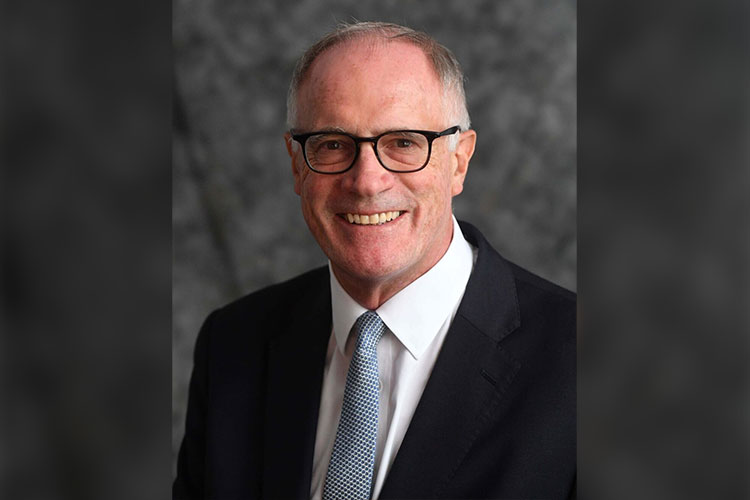Professor Sir Alexander Halliday FRS
To be awarded a Doctor of Science (DSc)
Friday 16 June – morning ceremony
Alex Halliday joined Columbia as Director of the Earth Institute in April 2018, after spending more than a decade at the University of Oxford (2004 to 2018), during which time he was Dean of Science and Engineering.
With more than 400 published research papers, he has been a pioneer in developing mass spectrometry to measure small isotopic variations in everything from meteorites and Scottish granites to seawater and living organisms, helping to shed light on the birth and early development of our solar system, the interior workings of the Earth, and the processes that affect the Earth’s surface environment. He holds a BSc in geology and a PhD in physics from the University of Newcastle upon Tyne, and was a postdoctoral fellow and lecturer at the Scottish Universities Research and Reactor Centre, East Kilbride from 1976 to 1986. He was then Associate and Full Professor at the University of Michigan, Ann Arbor (1986 to 1998), where he made pioneering discoveries about the age and origins of the terrestrial planets, amongst other breakthroughs, before being appointed Professor at the ETH in Zürich (1998 to 2004).
His scientific achievements have been recognised through numerous awards, including the Murchison Medal of the Geological Society, the Bowen Award and Hess Medal of the American Geophysical Union, the Urey Medal of the European Association of Geochemistry, the Oxburgh Medal of the Institute of Measurement and Control, and a Knighthood for services to science and innovation. He is a Fellow of the UK’s Royal Society and an International Member of the US National Academy of Sciences.
Sir Alex has helped to lead a variety of distinguished scientific societies and advisory panels. He is the former Vice-President of the Royal Society and former President of the Geochemical Society. He has served as an external board member for Britain’s Natural Environment Research Council, London’s Natural History Museum, the American Geophysical Union, and more. The focus of his recent activities has been the new Columbia Climate School.
